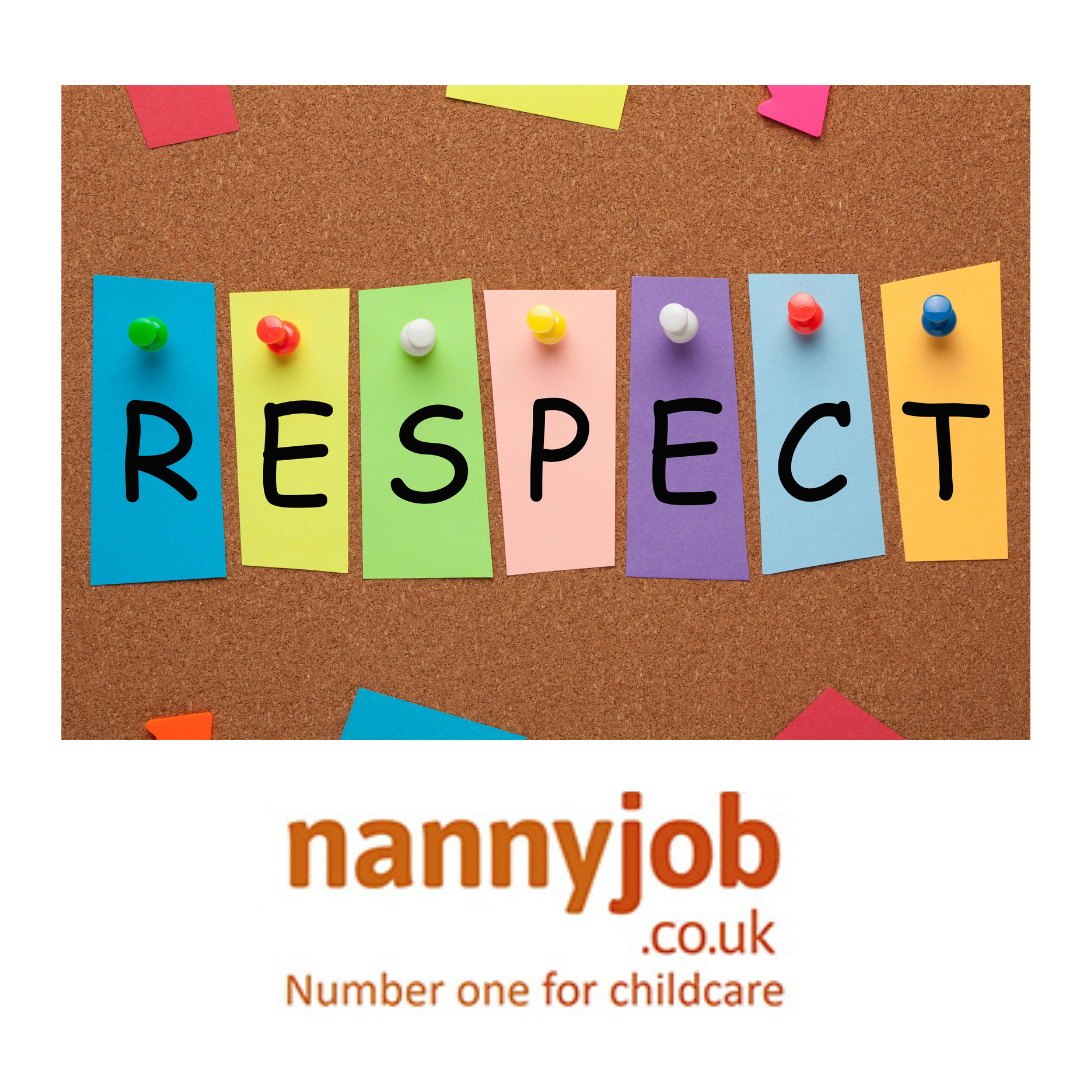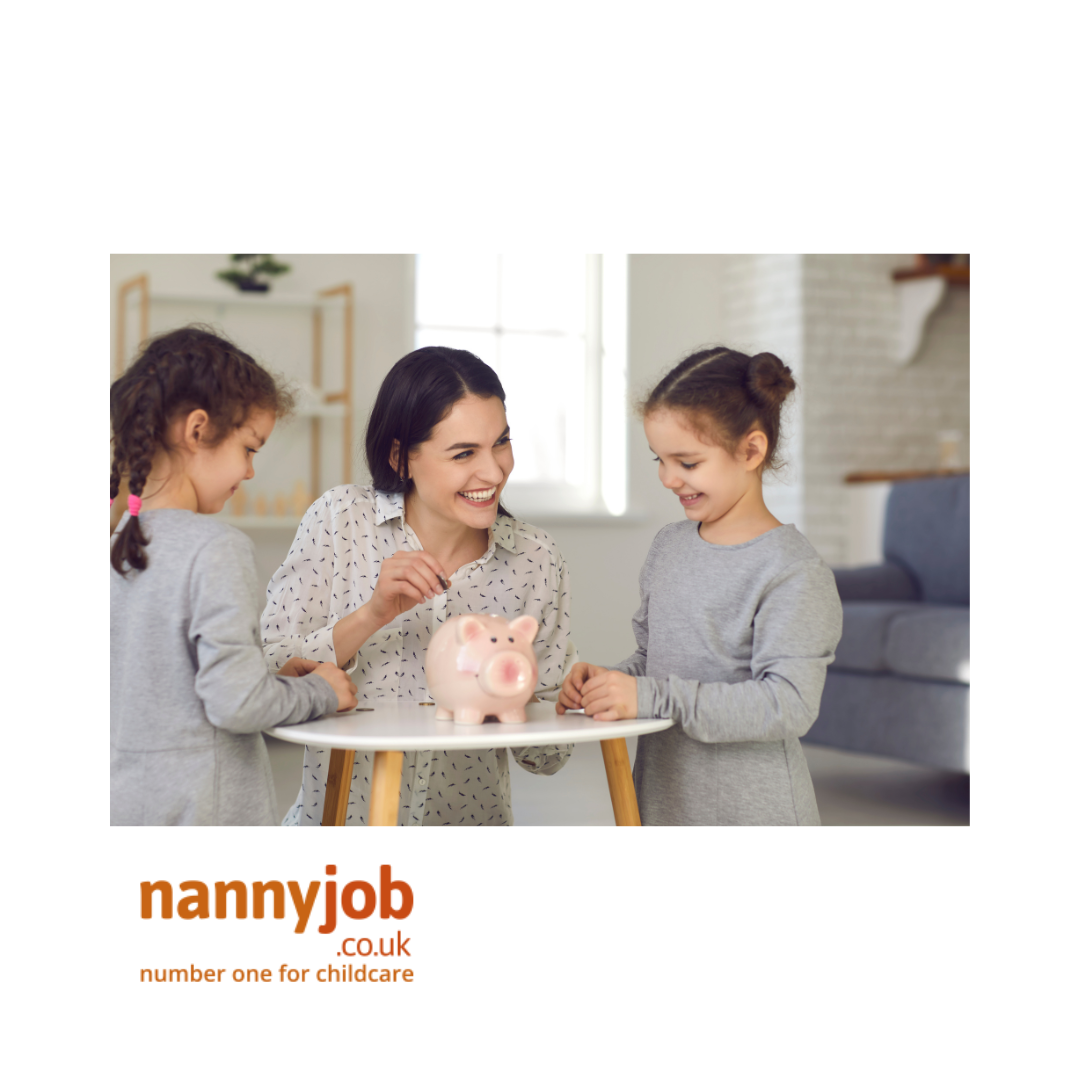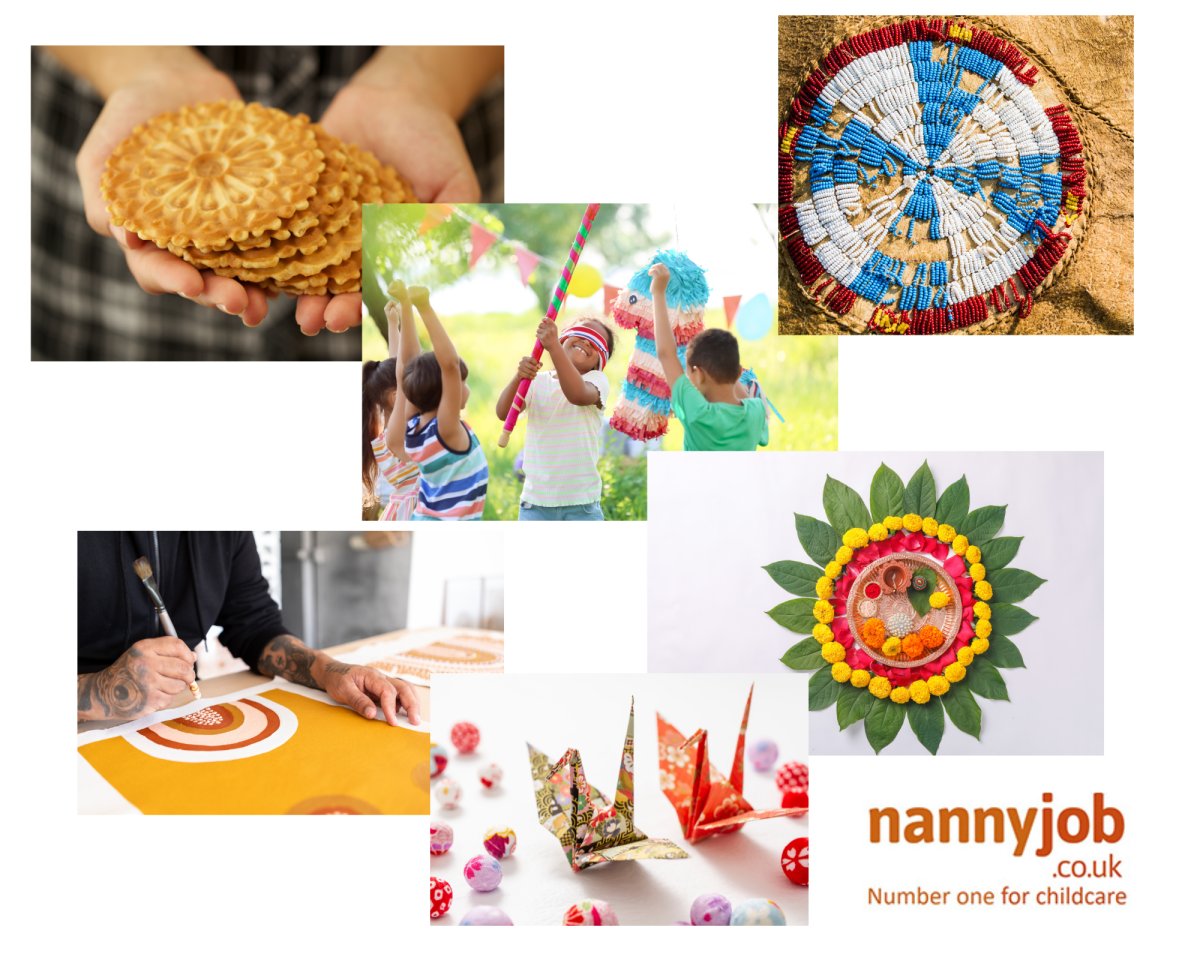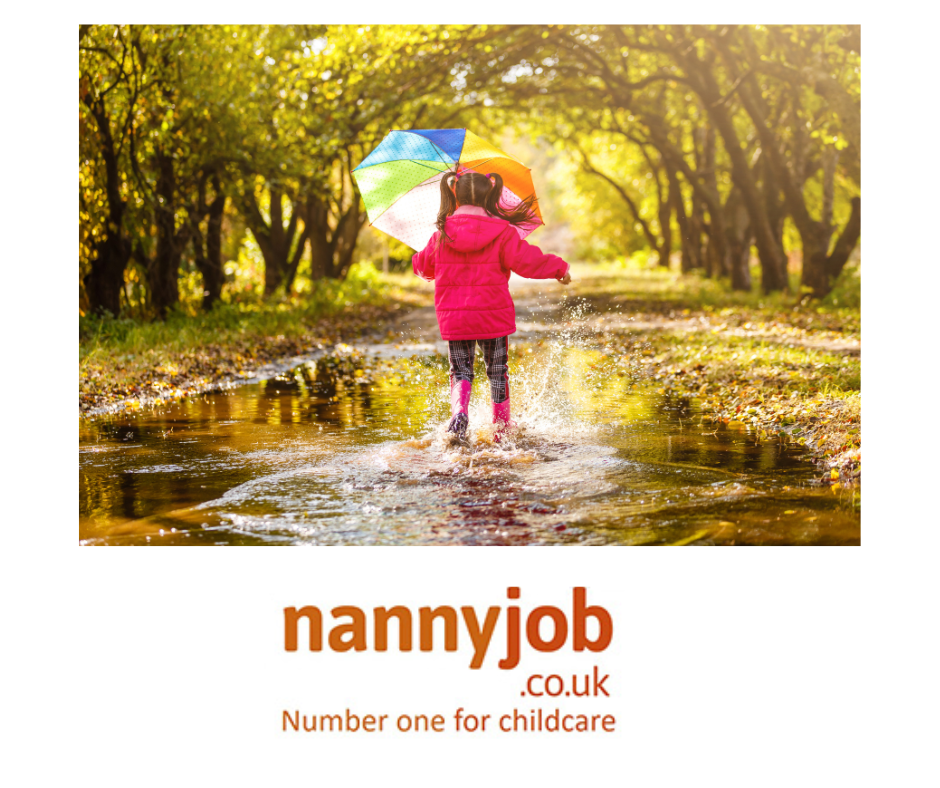Pregnancy is an exciting time, but it also brings a host of questions, especially for nannies working in the UK. Understanding your rights and responsibilities is key to a smooth journey. Let’s explore what you need to know about pregnancy as a nanny in 2023.
When to Inform Your Employers?
Legally, you must notify your employers of your pregnancy by the 25th week. You’ll receive a MATB1 form from your midwife around 20 weeks for this purpose. However, many nannies choose to inform their employers earlier, often post the 12-week scan. Early disclosure can facilitate risk assessments for your role and ensure you receive paid time off for antenatal care.
What Does a Risk Assessment Entail?
Given the varied nature of a nanny’s job, risk assessments can differ. For pregnant nannies, considerations might include the physical strain of lifting children or exposure to infectious diseases.
Continuing Work During Pregnancy
Nannies can certainly continue working throughout their pregnancy. Your employer is required to make reasonable adjustments to your role to accommodate your pregnancy.
Maternity Leave Regulations
You can initiate your maternity leave any time post the 29th week of pregnancy. The commencement of maternity leave may also be triggered by the birth of your baby, a stillbirth post the 24th week, or pregnancy-related sickness after the 36th week.
Maternity Pay for Nannies
If you meet the criteria (having worked for the family for at least 26 weeks by the 25th week of your pregnancy), you are entitled to 6 weeks at 90% of full pay, followed by 33 weeks at the statutory rate or 90% of your average weekly earnings, whichever is lower. Employers can generally reclaim these costs due to their status as small employers.
If you don’t qualify for SMP, you can claim Maternity Allowance, and your employer should provide form SMP1. If you have multiple jobs, you may be eligible for SMP from each employer.
Duration of Maternity Leave
You are entitled to 52 weeks of maternity leave, split into 26 weeks of Ordinary Maternity Leave and 26 weeks of Additional Maternity Leave. While you can choose to take less, a minimum of 2 weeks post-birth is mandatory.
Holiday Accrual and KIT Days
Your holiday accrual continues during maternity leave. You may also participate in up to 10 Keeping In Touch (KIT) days without affecting your SMP.
Job Security Post-Maternity Leave
Post Ordinary Maternity Leave, you have the right to return to your job under the same conditions. If you take Additional Maternity Leave, your employer must offer a similar role if your original job is unavailable.
Redundancy and Bringing Your Child to Work
You cannot be made redundant for being pregnant; that would be discriminatory. However, redundancy may occur if there’s a significant change in childcare needs during your leave. Additionally, nannies don’t inherently have the right to bring their child to work, but this can be negotiated with your employer.
In a nanny share situation, bringing your child to work would require registering as a childminder under the Children’s Act 1989.










